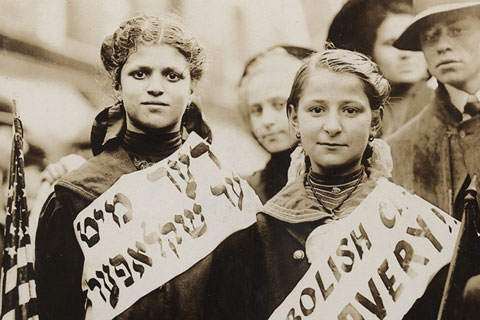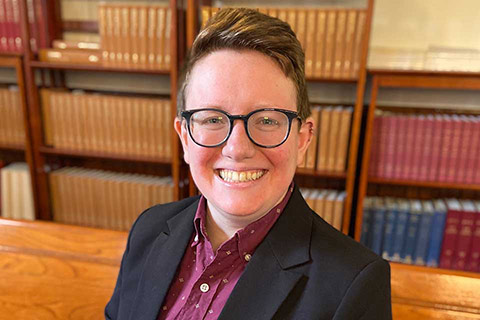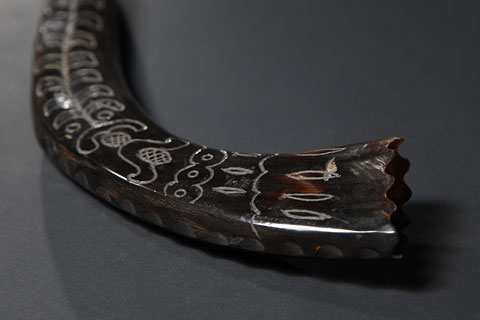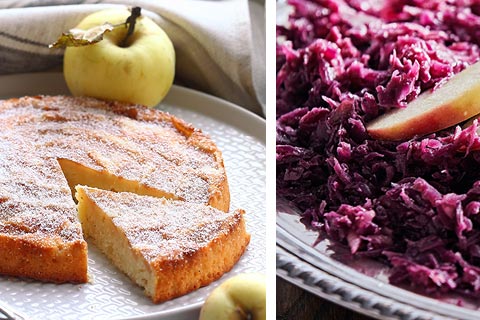What Happens When You Can't Stop Apologizing on Yom Kippur?
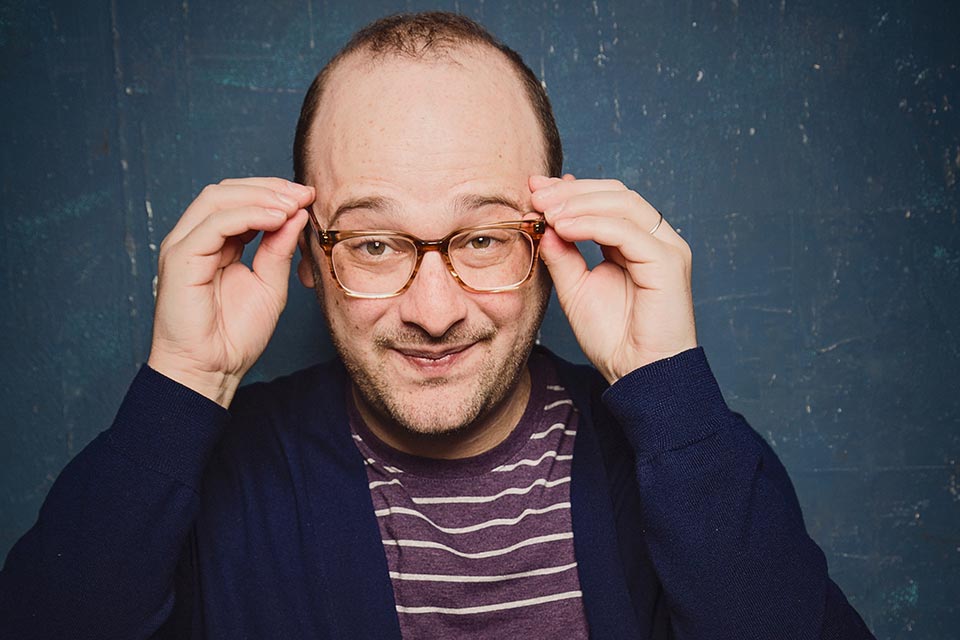
Aug. 31, 2021
By Josh Gondelman '07
I'm very sorry.
Not about anything specific, but also about so many specific things.
Two days ago, for example, at a small outdoor gathering, I acted faux-offended when a friend of a friend who I'd just met didn't hug me goodbye. This caused him to worry that he'd done something wrong, which in turn caused me to worry that I had done something wrong.
After several rounds of back-and-forth apologies, I think we reached an understanding. But still, I'm very sorry about the whole thing.
Fortunately, Yom Kippur, the official Jewish festival of "I'm Sorry" is coming up. It's a chance to clear one's moral slate with God, of course. But more importantly, as a secular-leaning, shellfish-loving New England Jew, it's a chance to clear the air with other people.
God, presumably, knows what's in my heart. My colleague Brad, who I accidentally called Brett several times during a meeting a few months ago, does not.
(God, if you exist and are reading this, please don't smite me for writing it: It's just more important to me to make peace with Brad. Or is it "Brett"?)
Yom Kippur is an important holiday, but it isn't a joyous occasion. The traditional Yom Kippur tiding of "Have an easy fast!" speaks to that point. That's not what you say about a celebration. It's what you wish for someone before their colonoscopy.
The lack of a holiday meal is how you know that the Jews are taking something really seriously. For context, when a Jewish person dies, we eat for a whole week. So for us to abstain from the consumption of carbs and/or smoked meats means that we're not even trying to feel better.
It is admittedly strange to have a favorite part of such a somber day, but I do genuinely look forward to apologizing to friends, family and co-workers at the beginning of the Jewish New Year.
I feel especially connected to my Jewish heritage when I participate in traditions that have an immediate, positive impact on my life and the world around me.
I cherish my experiences telling the story of Passover around the family dinner table, crammed to capacity with family. I appreciate the quiet moments lighting Hanukkah candles with my wife in our Brooklyn apartment. But admitting my shortcomings and asking for forgiveness is when I feel my most Jewish.
It's not so much the compulsion to apologize that I love; it's the opportunity. Sometimes it's awkward to offer a mea culpa for something so small that the person you've wronged might not remember it, or conversely, something so large, it's weird that you haven't addressed it yet. The right moment to voice your contrition doesn't always reveal itself.
Yom Kippur is that moment! It's an excuse (nay, a mandate) to clear the docket of your transgressions and humiliations, both major and minor. The same way you can text an ex on their birthday or rekindle a long-dormant hometown friendship on Thanksgiving Eve, Yom Kippur serves as a free pass to make amends for any rudeness, unpleasantness or misunderstanding you may have caused throughout the year.
The discomfort you feel about extending an olive branch to someone you've wronged is mitigated by the fact that the literal (or figurative, depending on your beliefs) creator of the universe has demanded you request absolution. What better excuse could you have to make things a little awkward?
I should confess that it's been a little while since I observed the Day of Atonement. I haven't fasted in quite some time because I have trouble believing in a merciful deity who wants me to be hungry on the most important day of the year.
It's even been a few years since I've done my usual round of mass-email apologies, which was already the most high-tech, low-effort version of Judaism I could imagine. Still, it puts me at ease to know that every year there's a fresh opportunity not only to inscribe my name in the Book of Life, but to erase myself from various people's enemies lists as well.
And if my few years of lapsed observance offends you — What can I say? I'm sorry.
About Josh Gondelman '07
Gondelman is an Emmy Award-winning television writer currently working on Showtime's Desus & Mero. He's the author of "Nice Try: Stories of Best Intentions and Mixed Results" and a regular panelist on NPR's Wait Wait… Don't Tell Me!
